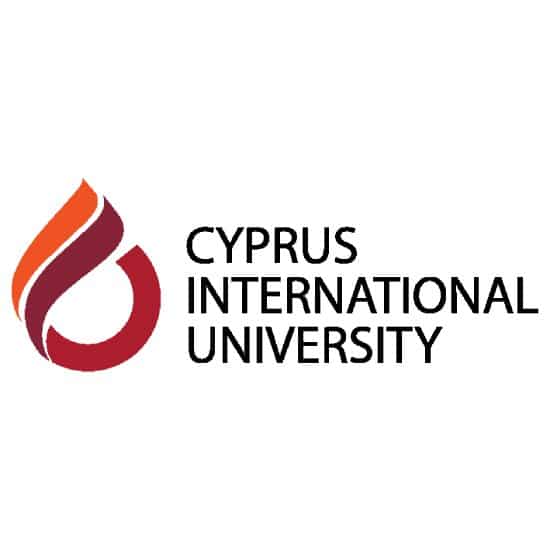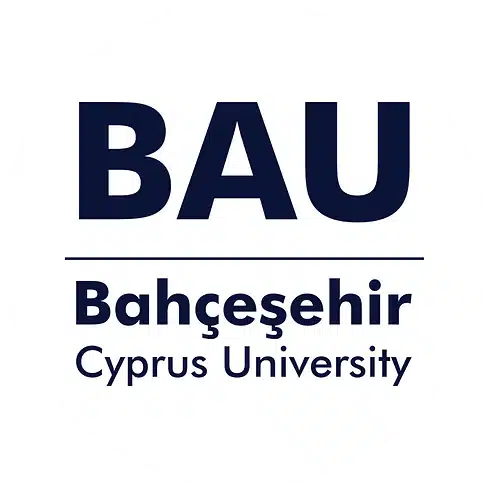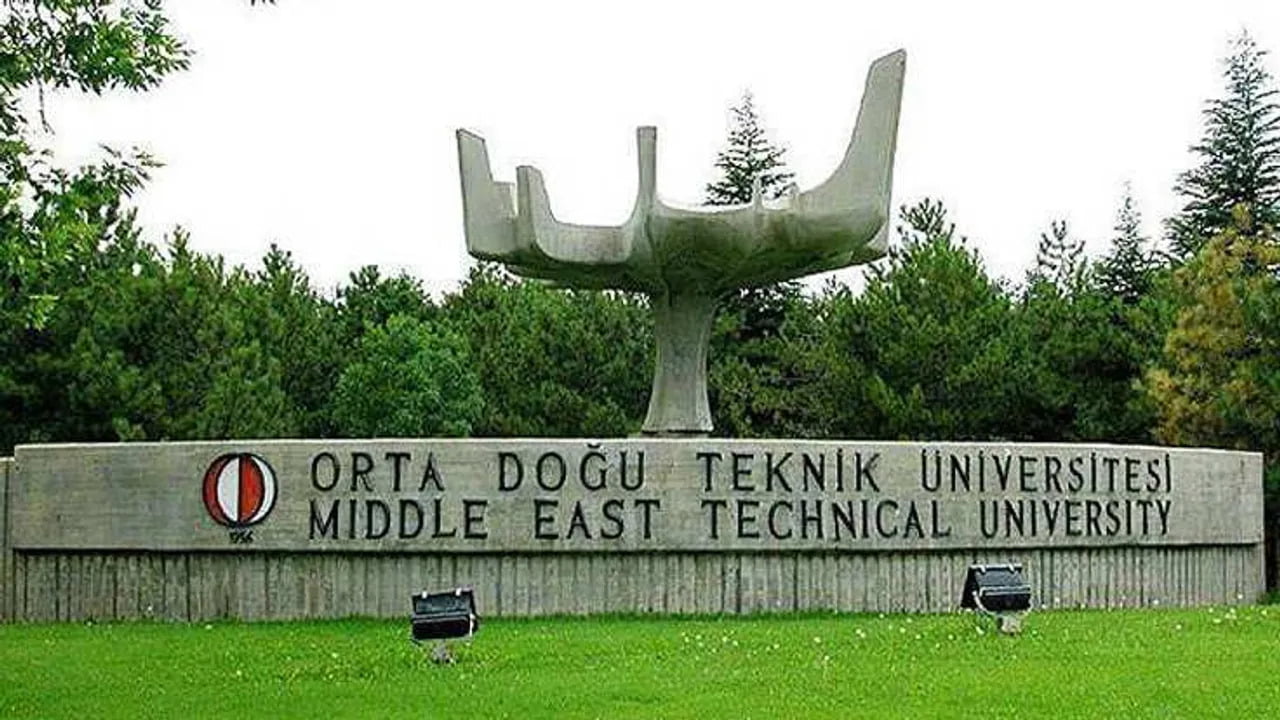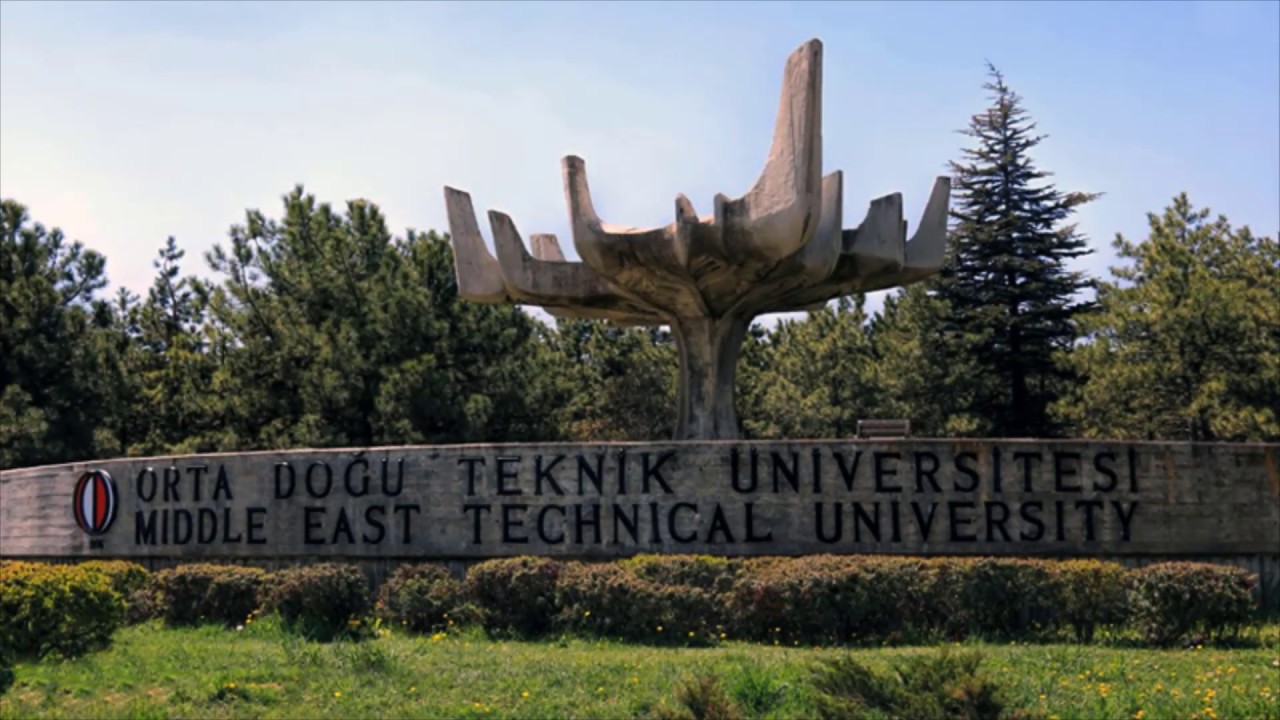Safa Company is your ideal companion for studying in Turkey
Safa Company is the perfect companion for every student who dreams of studying in Turkey and wishes to secure university admission at the best private universities in Turkey and the Republic of Cyprus. The Safa team assists you from the start by providing comprehensive information about each university and the academic programs they offer, helping you prepare the required documents for the application process, and ensuring you secure a place at prestigious universities. Additionally, Safa provides all the necessary advice and recommendations to support you in your educational journey.
Choose a Program
Choose your program to start your journey
Why use our platform
Safa Platform is your ideal partner to make your dream of studying in Turkey a reality, offering comprehensive services designed to ease your academic journey from start to graduation. It ensures the necessary support in choosing the right major, selecting the best university, and securing university admission with ease.

Application Facilitation
The platform simplifies the application process by preparing and organizing the required documents to ensure your acceptance as quickly as possible.

Personalized Guidance Service
Safa Platform offers personalized support services for each student, with close monitoring throughout all stages of the application process and even after starting your studies.

Affordable Costs
Safa Platform provides high-quality services at affordable prices, with flexible options to suit various budgets.

Easy Legal Procedures
Safa Company makes it easier for you to obtain visas and provides the necessary legal guidance to begin your studies in Turkey.
Most Famous Private Turkish Universities
We present the most famous Turkish universities, which have a strong reputation not only in Turkey but also worldwide. Choose your university now and secure your admission with Safa, your companion in your academic journey in Turkey
Most famous Cypriot universities
Explore the most famous Cypriot universities to begin a remarkable educational journey with Safa Company for studying in Turkey

57
University
200+
University programs

1000+
Student
With Safa, studying in Turkey becomes an easy and enjoyable experience, turning your dreams into reality
Safa Platform combines professionalism, credibility, and comprehensive services to be the best choice for Arab students seeking to achieve their academic ambitions in Turkey

1
Extensive Experience
The Safa team has vast experience in the field of education and studying in Turkey, ensuring the provision of accurate advice and reliable services.
2
Strong Network
Safa Platform stands out for its exceptional partnerships with the best private Turkish universities, giving students access to top academic programs.
3
Easy Legal Procedures
Safa Company makes it easier for you to obtain visas and provides the necessary legal guidance to begin your studies in Turkey.
4
Continuous Support
The Safa team continues to offer support to students throughout their studies and until graduation, ensuring a comfortable and smooth educational experience.
Articles and News
Read more about Turkey

Studying Mechanical Engineering in Turkey 2025: A Pillar of Industry and Innovation
In our modern world, from the engines of the cars that drive us daily to giant electricity-generating turbines and precision…
مشاهدة المزيد
Studying Artificial Intelligence Engineering in Turkey 2025: Towards a Future Led by Intelligent Machines
In a world experiencing an unprecedented technological revolution, Artificial Intelligence (AI) has become the driving force behind innovation in almost…
مشاهدة المزيد




























